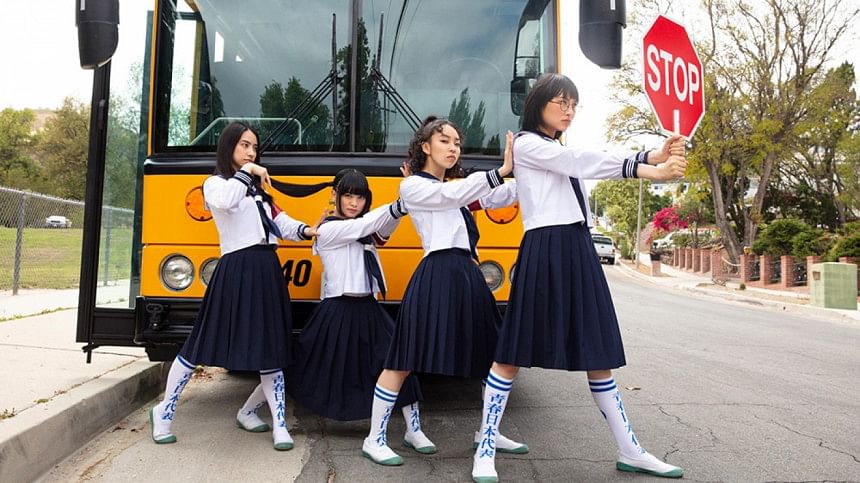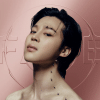Atarashii Gakko!: A rebellious quartet redefining J-pop

Stereotypically it is the older sibling that influences the musical tastes and preferences of the younger sibling. In my case, however, I found myself to be completely enticed by a particular Japanese pop girl group that my little sister introduced me to. As someone who's never cared for J-pop much, I wasn't expecting to be impressed. But by the time the electrifying bridge to "Tokyo Calling" came around, I was already fascinated by the girl group Atarashii Gakko!
It's hard to define this Japanese quartet's style of music. Some of their numbers are electrifying pop, some are jazz, and some are rambunctious hip-hop. The genre-defying girl group prides itself on feeding everything and anything into their music and simply going with what best matches their individual styles.
Originally founded in 2015, Atarashii Gakko! only made the world stage in 2021 under the record label 88rising, the "Disney of Asian hip hop". Since then, the group has played in festivals in New York and Los Angeles, Jimmy Kimmel Live, and Coachella 2024.
Military helmets, deadpan expressions, hard-driving taiko drums, full-length Japanese school uniforms, and recreations of Tokyoites in dead-end careers are only some of the characteristics of the "Tokyo Calling" music video. The choreography is quirky, unconventional, and free from various industry-enforced elements – a fresh new style that sets them apart from other J-pop groups.
In an overly saturated music industry of bright aesthetics, high production value, and large group sizes, Atarashii Gakko! creates its own style of song and dance that's hard to not find catchy. The rebellious energy of this song reflects the part of Tokyo's youth who wants to break free from the oppressive work-life imbalance of the city. The song's bridge, starting with a marching band followed by an emotional shift in melody, is a call to take action and break free from Tokyo's constraints. To me, the energy is reminiscent of a high school march-past done in solidarity, which is a pretty rare characteristic to find in a song.
Atarashii Gakko!, when literally translated, means "new school" in Japanese. The mental health crisis facing Japan, as well as the rest of the world, where a culture of overworking, high-pressure academics, and rigid societal expectations can make teens feel despair about growing up. The group wants to be the right type of role model for the new generation, one that focuses on expressing individuality and freedom while also following societal (or school) rules.
They wear school uniforms in some of their music videos and almost all of their live performances – a stylistic choice that's supposed to bring familiarity and relatability amongst their audience, which is an interesting choice because the school uniform has become a symbol of sexual purity and desire in the media industry, especially in Japan. Therefore, the decision to reclaim the school uniform and keep it the way it is actually worn in schools is applaudable, as it reverses some of the damage the fetishisation of schoolgirls has done to society.
Onstage and off, the members radiate chaotic energy, bouncing off of each other in an immature yet charismatic way. Their songs "Otonablue" is 70s-inspired, "Toryanse" is children's folk, and "FRDP" is modern and funky. Atarashii Gakko!'s range in musical diversity is impressive, and even if you don't like J-pop, rest assured that there is a song by them that will certainly suit your music taste.
Koushin Unber is an incoming freshman at the University of Florida.

 For all latest news, follow The Daily Star's Google News channel.
For all latest news, follow The Daily Star's Google News channel. 








Comments